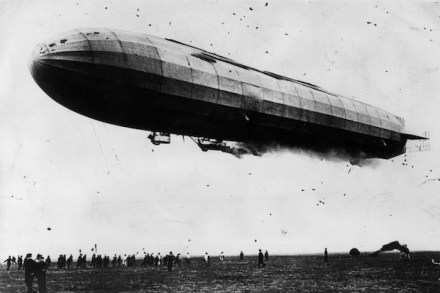The Spectator at war: Masters of the field
From ‘Bogy-Mongering’, The Spectator, 3 July 1915: Of late there have been all sorts of dark hints and rumours as to wonderful new German devices by air, land, and water. No doubt such devices will be tried, and no doubt they will give us some anxious moments, just as did the poison-gas. It is not, however, by such sensational devices that battles are won. The shell, the bayonet, and the rifle still remain masters of the field. Once again, the danger for us is not in fancy inventions or in the bogy schemes we have described. It is in want of preparation, want of activity, want of men and munitions.



















